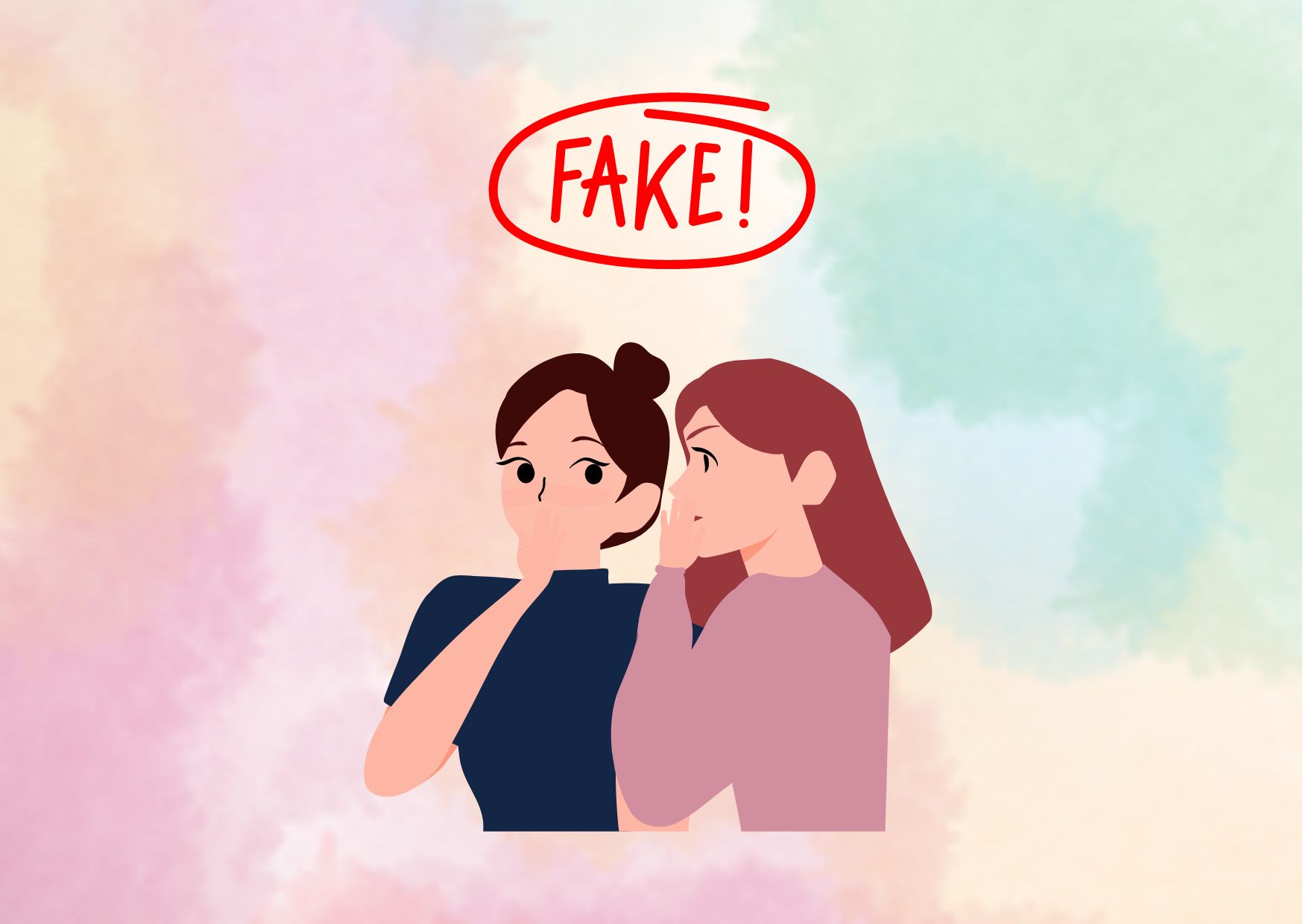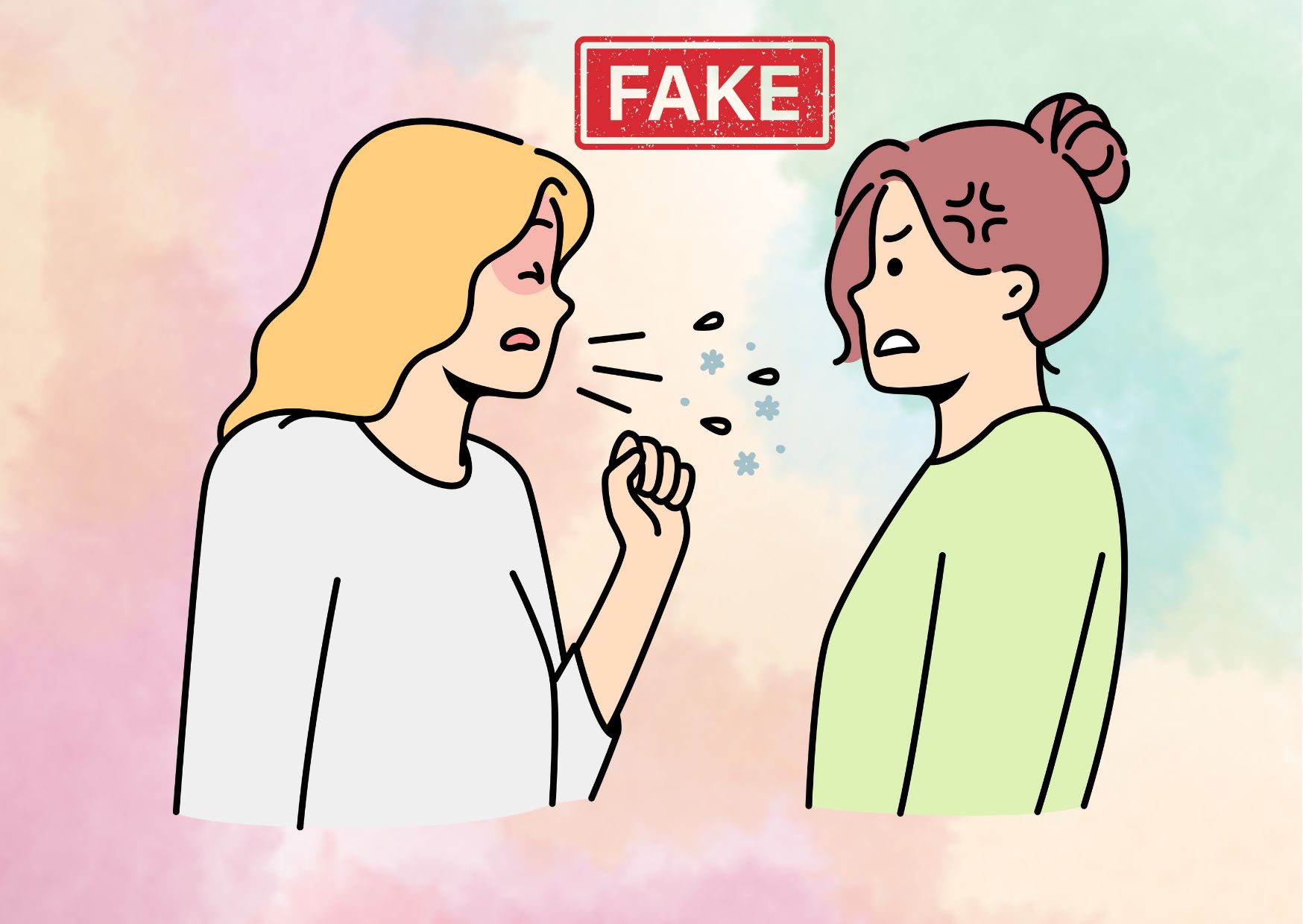Tips for Interacting with Fake Friends: How to Identify and Deal with Inauthentic Relationships
Table of Contents
- Introduction
- Signs of Fake Friends
- Inconsistency
- One-sidedness
- Unreliability
- Betrayal
- Disrespect
- Hurtful behavior
- Jealousy
- Conditional friendship
- Manipulation
- Ignored boundaries
- Understanding the Causes of Fake Friendships
- Self-centeredness
- Insecurity
- Narcissism
- Psychopathy
- The Impact of Fake Friendships
- How to Deal with Fake Friends
- Stay Respectful
- Keep Your Distance
- Limit What You Say
- Bring It Up To Them
- Listen To Their Side
- Avoid Stooping To Their Level
- Show More Interest in Your Other Friends
- Talk To Your Other Friends About Them
- Trust Your Instincts
- Seek Professional Help
- Focus on Building Authentic Relationships
- Practice Self-Care and Self-Esteem Boosting Activities
- The Importance of Seeking Professional Help
- Psychotherapy and Counseling
- Online Counseling and Therapy
- Conclusion
Introduction
In our social and professional lives, we often encounter individuals who may not be genuine or sincere in their interactions. These fake people may present a façade that differs from their true selves, making it challenging to navigate relationships with them. Interacting with fake people can be emotionally draining, causing stress, anxiety, and even harm to our overall well-being. However, by learning to identify the signs of fake friends and developing strategies to deal with them, we can protect ourselves and maintain authentic relationships. In this article, we will explore the signs of fake friends, delve into the causes of fake friendships, discuss the impact of these relationships, and provide practical tips for dealing with fake people.
Signs of Fake Friends
Inconsistency
One of the key signs of a fake friend is inconsistency. They may be present when they need something from you but disappear when you need their support. Their behavior and personality may change depending on the situation or the people they are with. For example, they may express support for a cause in one group but criticize it in another. This inconsistency reflects a lack of authenticity and self-awareness.
One-sidedness
Fake friends often make the relationship feel one-sided. They may dominate conversations, focusing solely on themselves and their opinions, while showing little interest in your experiences or feelings. This imbalance can leave you feeling unheard and undervalued in the friendship.
Unreliability
Fake friends are often unreliable and fail to keep their promises. They may make plans with you but cancel or stand you up without a valid reason. This lack of reliability can make it difficult to trust and depend on them, ultimately causing frustration and disappointment.
Betrayal
A fake friend may betray your trust by sharing your confidences with others, spreading rumors about you, or talking negatively about you behind your back. Their actions demonstrate a lack of loyalty and respect, which can be deeply hurtful and damaging to the relationship.
Disrespect
Fake friends may dismiss, belittle, ridicule, or humiliate you in front of others. They may use derogatory language or make insensitive comments that undermine your self-esteem. This disrespect erodes trust and can lead to feelings of worthlessness and insecurity.
Hurtful behavior
Fake friends may engage in hurtful behavior while disguising it as “help” or “honesty”. They may criticize your appearance, choices, or actions under the guise of offering constructive feedback. However, their intention is to negatively impact your self-esteem and maintain control over the relationship.
Jealousy
Fake friends often harbor jealousy and feel threatened by your successes and achievements. Instead of celebrating your accomplishments, they may downplay them or even compete with you. Their jealousy can lead to resentment and toxic dynamics within the friendship.
Conditional friendship
A fake friend’s loyalty and friendship are often contingent on what they can gain from you. They may befriend you for social status, material possessions, or other benefits. Once they have achieved their goals, their interest in the friendship diminishes, leaving you feeling used and disposable.

